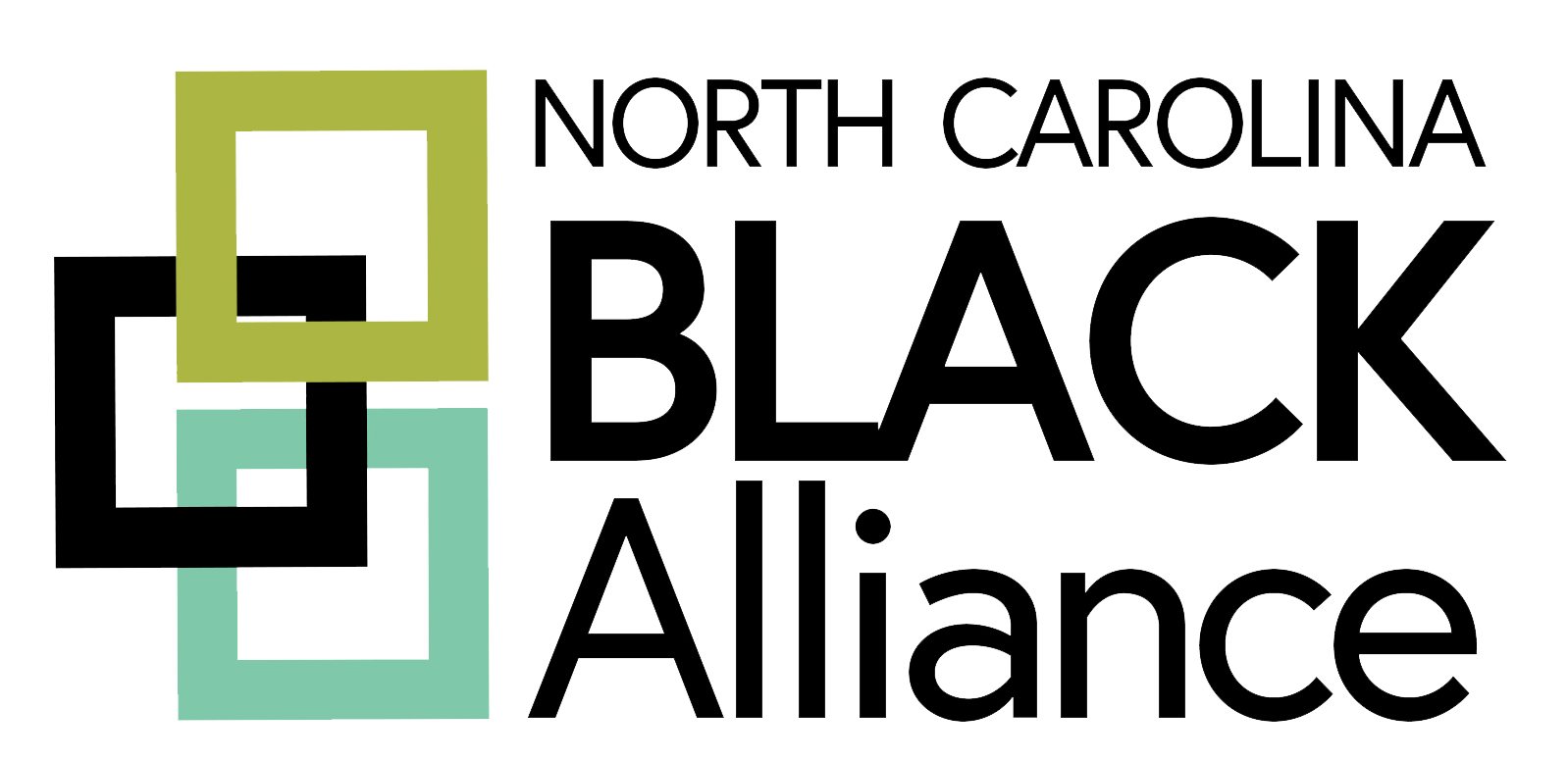Doulas make a difference
Studies have shown that Black women are more likely to die due to childbirth or pregnancy-related complications than white women. As Black women experience the likelihood of suffering from these complications, there is a need for doula services to help mitigate this racial health disparity. Black, Indigenous, or Hispanic mothers do not feel their voices are heard by their healthcare providers. One of the underlying issues is a disconnect in communication between mothers and providers. For example, a mother could have a concern about her pregnancy, but due to time-restricted doctor visits and insufficient time for mothers to understand instructions from their doctor, her concerns go unheard and are left unaddressed.
Evidence demonstrates that doulas are proven to increase positive birth outcomes for women. Having a doula allows a mother to feel heard and have someone to advocate for their health. Doulas mediate between a patient and their provider by communicating a mother’s needs to the provider. Doulas are seen as supportive coaches that assess and support the needs of families. However, not all women are afforded access to a doula throughout their pregnancy. Doulas are seen as trained birthing professionals but not medical providers. Kira Kimble, the founder of Mine-R-T Doula Company, said that “Doulas can ensure a mother’s voice is heard inside and outside a delivery room.” This includes having a doula present to translate medical terms, which helps mothers give informed consent.
The push for providing these services all starts with our local NC policymakers. North Carolina lawmakers still have yet to include doula care in Medicaid. Amy Chen, senior attorney with the National Health Law Program, told Charlotte Observer that doula care is under Medicaid coverage in ten states and Washington D.C.
Legislation
Senate Bill 294, Reduce Maternal Mortality, provides a pathway to address maternal mortality through Medicaid expansion to improve the health of those of reproductive age. The bill would require the Division of Health Benefits to seek approval from the Centers for Medicare and Medicaid Services (CMS) to implement Medicaid coverage of certain healthcare services a doula provides. In 2020, Medicaid financed 41% of births in North Carolina. Medicaid finances a more significant share of births for Black and Hispanic mothers, as well as mothers who live in rural communities. Senate Bill 294 and Medicaid expansion can transform health disparities and gaps in coverage of healthcare services into positive birth outcomes for Black and Brown mothers.

India Rockett
Health Equity Fellow
